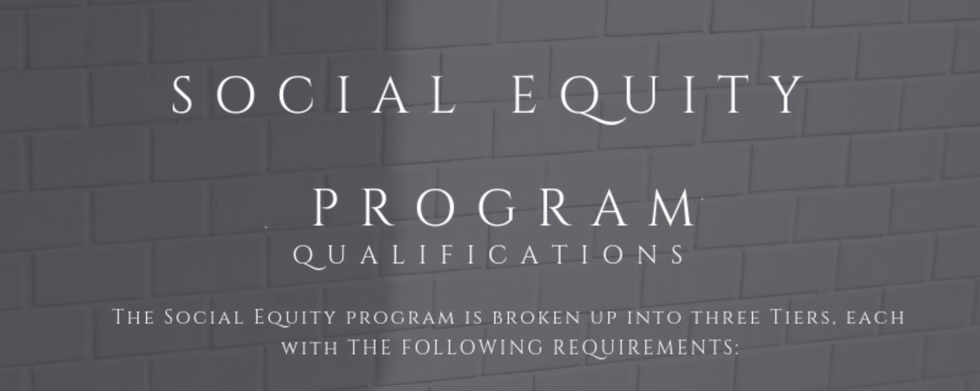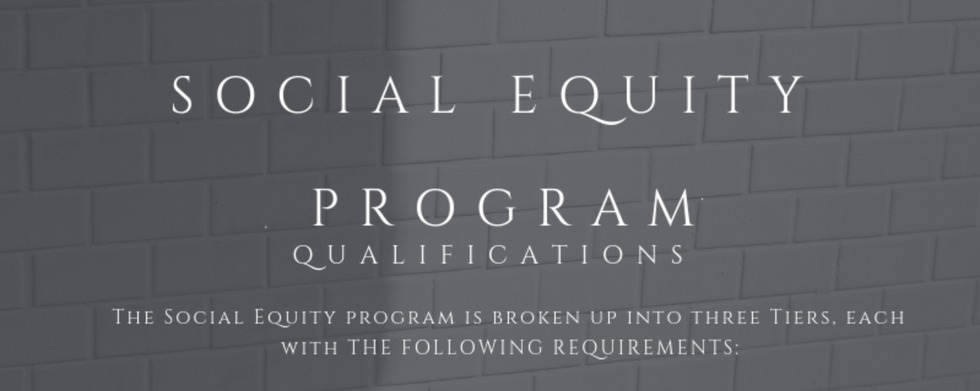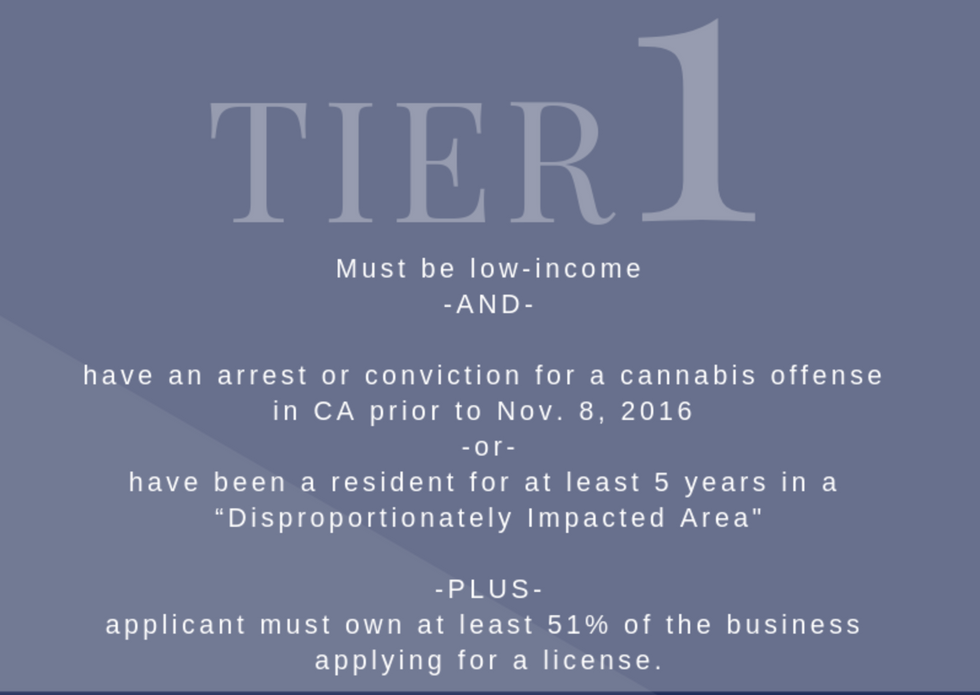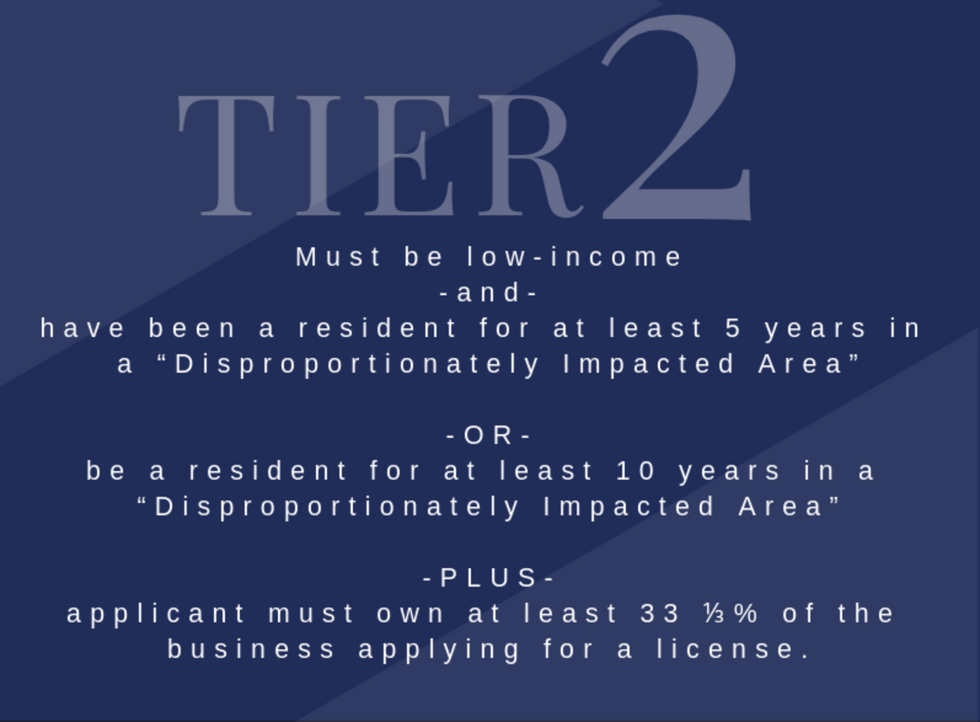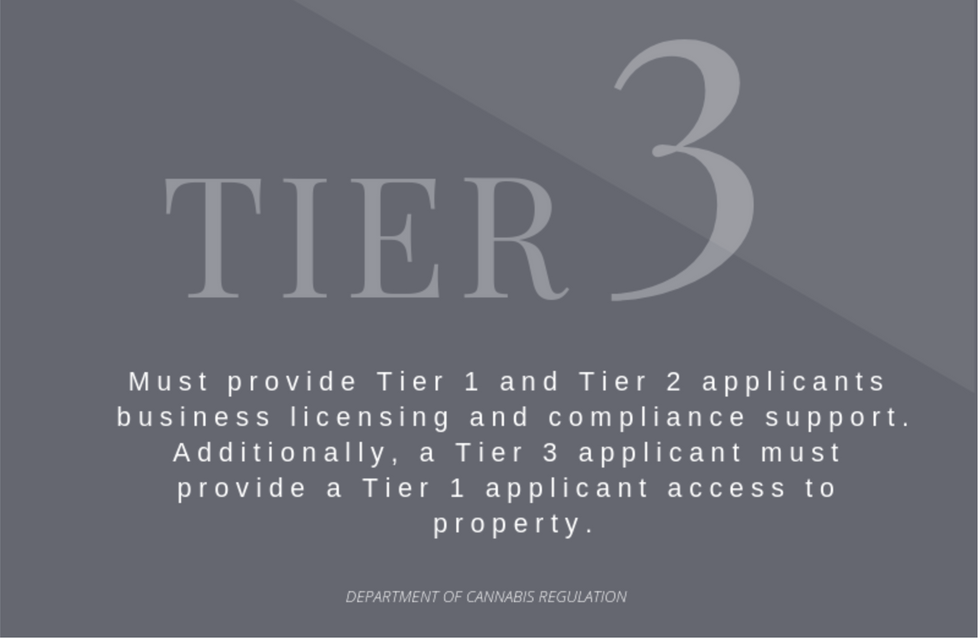Sweeping Changes Coming to California Cannabis Markets
The Department of Cannabis Regulation recently made recommendations to the Los Angeles City Council that, if approved, would bring about significant changes to the cannabis industry in LA.
One of the biggest proposed changes concerns how the licensing system will operate over the next five years. The proposal states that the only applications that would be granted for retail licenses in the city would be ones from social equity applicants, a policy that lawmakers ask to continue until the year 2025.
Making these changes would be a huge step towards fulfilling the promises made to voters of California when Proposition 64 (the law that made recreational cannabis legal in California) was proposed. One of the key components of Prop. 64 (and arguably the driving force behind its political support) was the inclusion of a social equity program with the goal of repaying the communities and individuals that have been most affected by cannabis enforcement during American prohibition of marijuana over the last 60 years. Coinciding with mass protests in the wake of the murder of George Floyd, the idea of social justice and equity is long past overdue and needs to be addressed immediately.
From the Department Of Cannabis Regulation’s website:
“The Social Equity Program (SEP) is one tool the City of Los Angeles is using to begin to acknowledge and repair the harm caused by the War on Drugs and the disparate enforcement of cannabis prohibition. The goal of of the Social Equity Program is to promote equitable ownership and employment opportunities in the cannabis industry in order to decrease disparities in life outcomes for marginalized communities, and to address the disproportionate impacts of the War on Drugs in this communities
What’s the Problem?
It has been more than three years since recreational cannabis became legal in California, however the city has not issued a single retail license to a social equity applicant. Not one single license. The most vocal advocates say that the city has failed to deliver on its promises and that the SEP, as it stands today, will be unable to meet its obligations to the most impacted communities unless significant changes are made.
Here are the changes being proposed by the DCR:
- Establish a process for the issuance of temporary approval for all applicants
- Allow businesses to relocate
- Clarify the process for applicants to request a finding of Public Convenience or Necessity
- Allow individuals to participate in the Social Equity Program based on the original criteria or new criteria as supported by the Expanded Social Equity Analysis.
- Amend the selection process for Phase 3 Round 2 Type 10 retail application processing by establishing a selection process that identifies Social Equity Individual Applicants eligible for further process via a lottery process rather than an online, first-come, first serve process.
- Limit Type 10 and Type 9 application processing to Social Equity Individual Applicants until January 1, 2025, unless an applicant received priority processing under LAMC Sec. 104.07
- Expand the definition of Equity Share and establish related requirements to provide additional protections to mitigate against potential predatory practices.
- Reorganize, clarify and include necessary procedures for the administration of the City’s commercial cannabis Licensing and Social Equity Program.
- Address recommendations put forth by the Cannabis Regulation Commission
- Address extensive feedback from the licensing and Social Equity Program stakeholders



